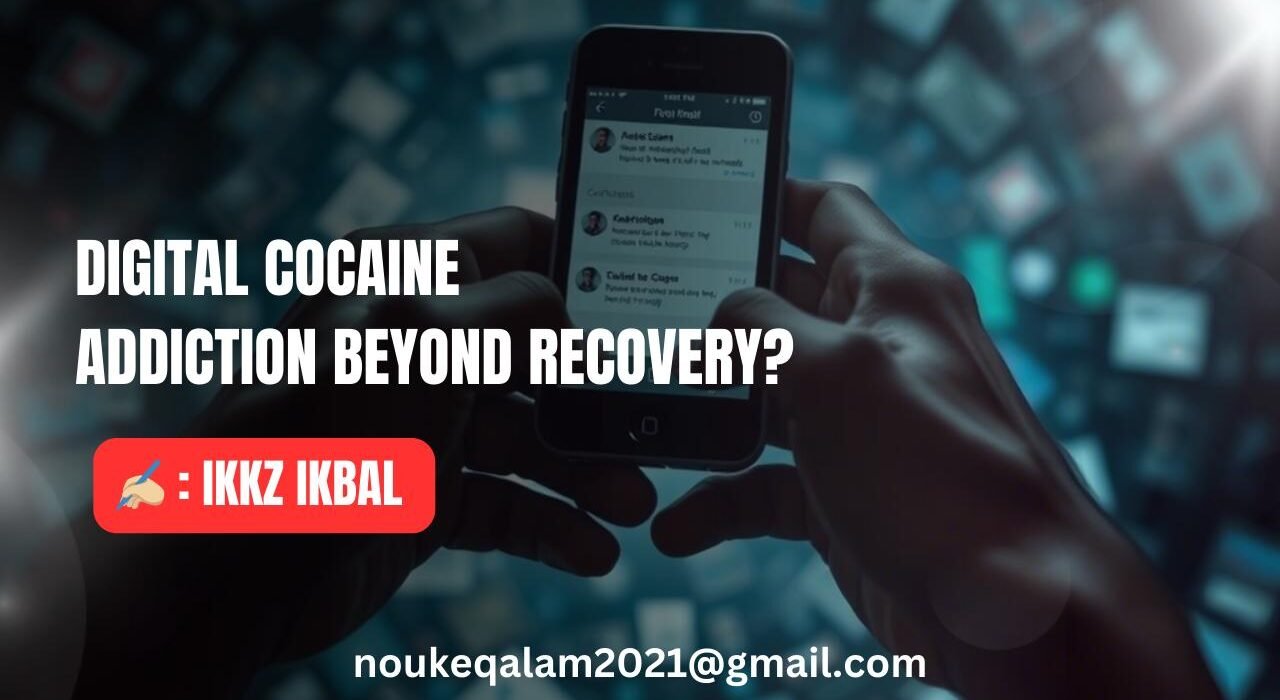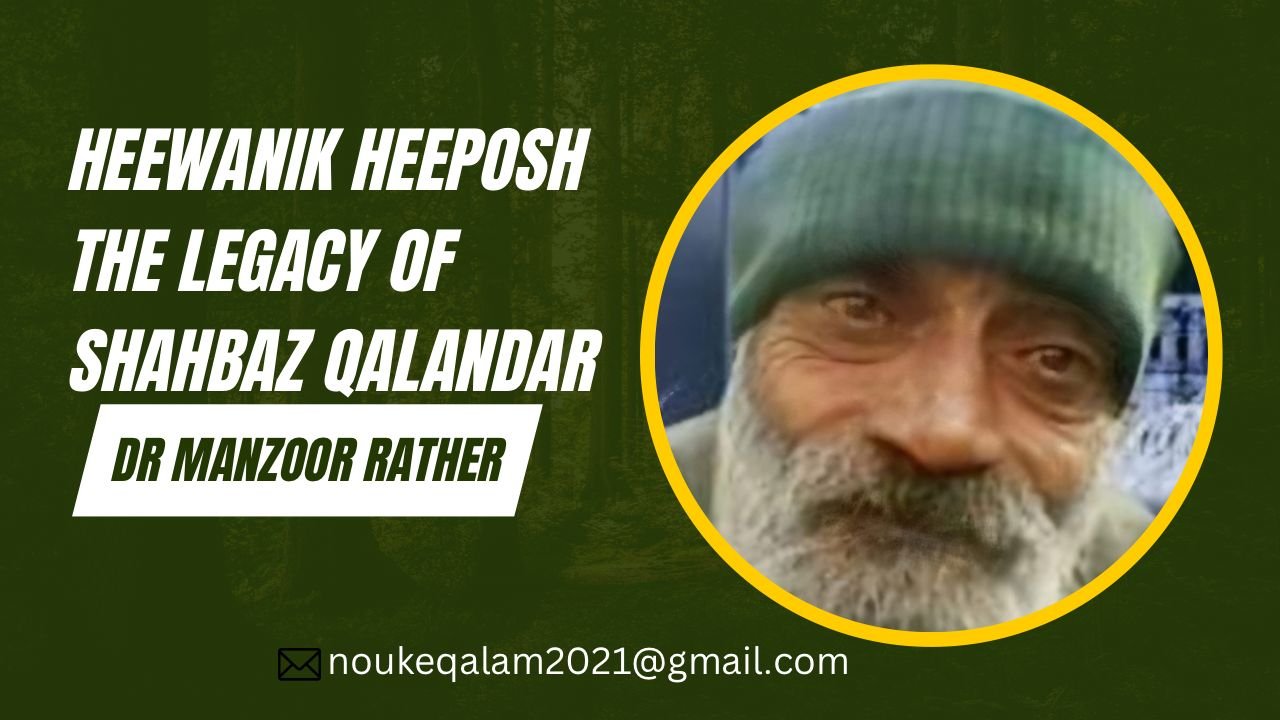In an era where screens dominate our lives, social media has become a digital drug—highly addictive, dangerously immersive, and alarmingly destructive. Children and adults alike are trapped in an endless cycle of scrolling, liking, sharing, and seeking validation from a virtual world that offers little substance but demands complete submission. Is social media the new-age cocaine, rewiring our brains and enslaving us to dopamine-driven illusions?
We often talk about drug addiction as a crisis, yet we fail to recognize that social media functions in much the same way. Platforms like Instagram, TikTok, Facebook, and Twitter operate on an exploitative business model designed to keep us hooked. The more time we spend online, the more profitable we become to tech giants. But at what cost?
Children and Teens
Their developing brains are being hijacked by instant gratification. Likes, comments, and shares trigger dopamine surges, making social media as addictive as narcotics. Instead of playing outside, they are glued to screens, living in a fabricated reality where self-worth is measured by follower count. Anxiety, depression, and attention disorders are skyrocketing.
Moreover, cyberbullying and online toxicity are further poisoning young minds. The pressure to maintain a flawless digital persona forces teens into a relentless cycle of comparison, self-doubt, and insecurity. Many suffer silently, masking their struggles behind carefully curated posts while battling real-life loneliness and identity crises. Social media, meant to connect, is ironically isolating an entire generation.
Adults
They may not be making TikTok dances, but they are equally addicted—doom-scrolling news feeds, arguing over political debates, or refreshing notifications like slot machine gamblers. Work productivity is plummeting, real-life relationships are deteriorating, and sleep cycles are wrecked.
Even more alarming is the shift in priorities—family dinners are interrupted by social media distractions, and moments that once held emotional significance are now seen through the lens of a potential Instagram story. Adults, who should be role models, are often just as guilty as teens, seeking digital validation instead of fostering genuine connections. The addiction is so deeply ingrained that many fail to recognize the damage until relationships are strained and mental well-being is compromised.
The Science Behind the Addiction
Social media engineers have mastered the art of psychological manipulation. Features like infinite scrolling, push notifications, and autoplay videos ensure users never stop. The fear of missing out (FOMO) and the craving for digital validation are just as powerful as drug withdrawal symptoms. Many can’t even sit through a meal without checking their phones—when did life become so empty without a screen?
A Society on the Verge of Collapse?
The effects of social media addiction are not just personal—they are societal. Relationships suffer, attention spans shrink, and reality becomes distorted. Children idolize influencers who promote unrealistic beauty standards, while adults engage in endless online conflicts that lead to real-world hostility. Truth is becoming harder to distinguish from fake news, and deep human connections are being replaced with superficial interactions.
Is There an Escape?
The first step in breaking free is acknowledging the problem. Social media detoxes, screen time limits, and real-life social interactions must become priorities. Parents need to regulate their children’s online exposure, while adults must set boundaries for themselves. The digital world should serve us—not the other way around.
Are We Doomed?
If social media is our digital cocaine, are we beyond recovery? Or can we take control before it’s too late? The choice is ours, but one thing is clear—if we continue down this path, we might just become a society of zombies, endlessly chasing the next notification while real life slips away.
The Illusion of Connection
In a world more connected than ever, we have never been lonelier. We scroll through highlight reels, mistaking them for reality, and measure our worth through digital affirmations. The addiction to social media is not just about screen time—it’s about a slow erosion of presence, purpose, and personal connections.
If we are to reclaim our minds, we must break free from this digital illusion. Real conversations, real experiences, and real relationships must take precedence over fleeting online gratification. The choice isn’t easy, but it is necessary. The question remains—will we unplug before it’s too late, or will we continue chasing the next notification, oblivious to the world slipping through our fingers?
Note: Ikkz Ikbal has a PG in Biotechnology and is Administrator Maryam Memorial Institute Pandithpora Qaziabad. He tweets @IkkzIkbal






